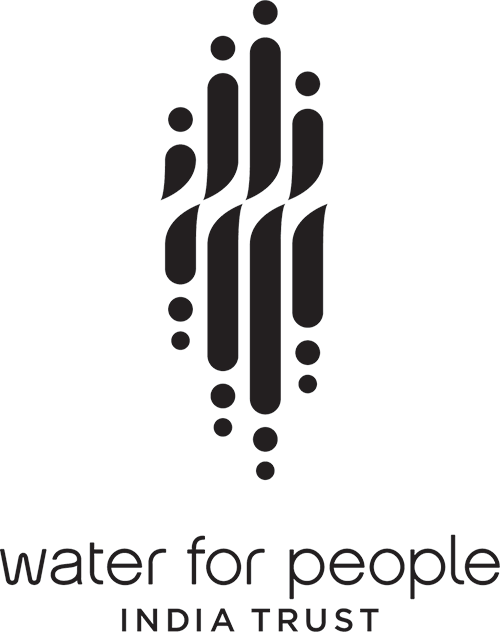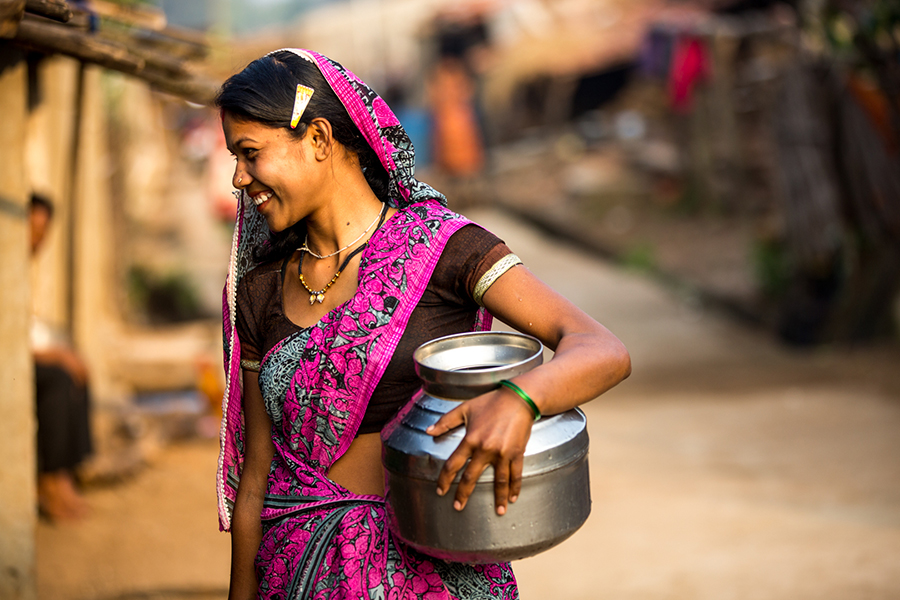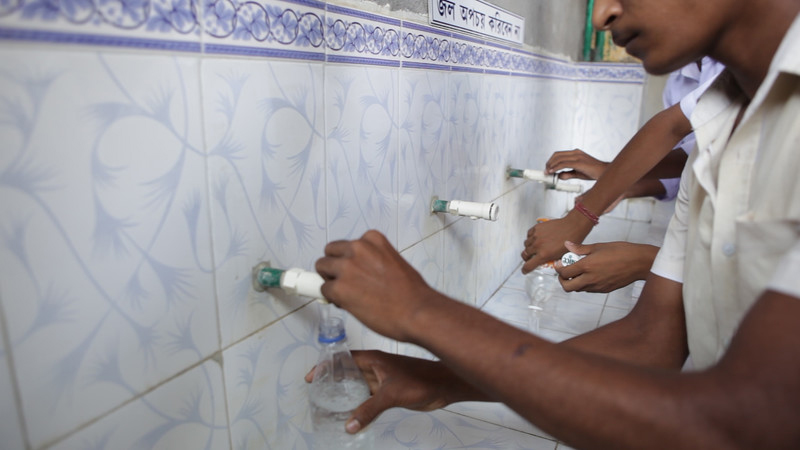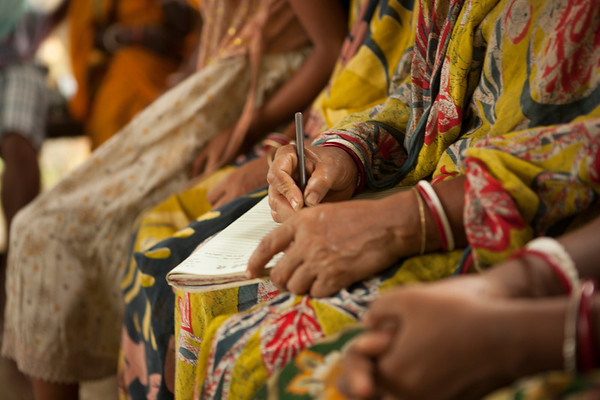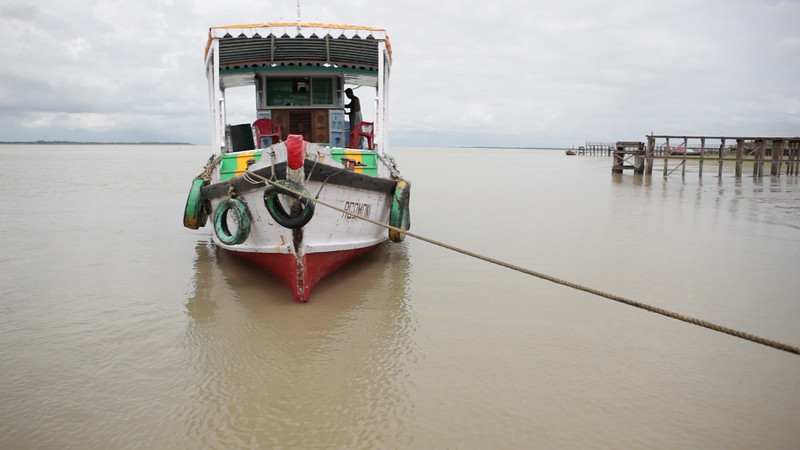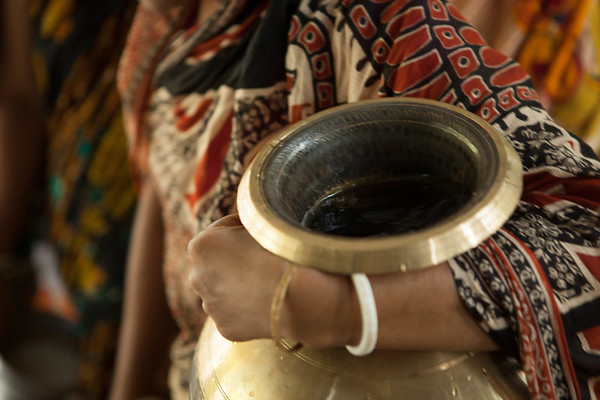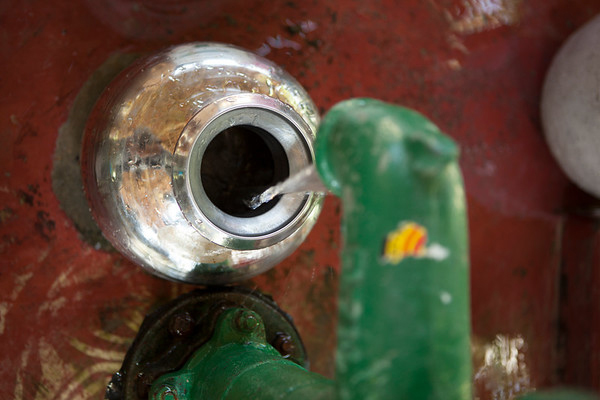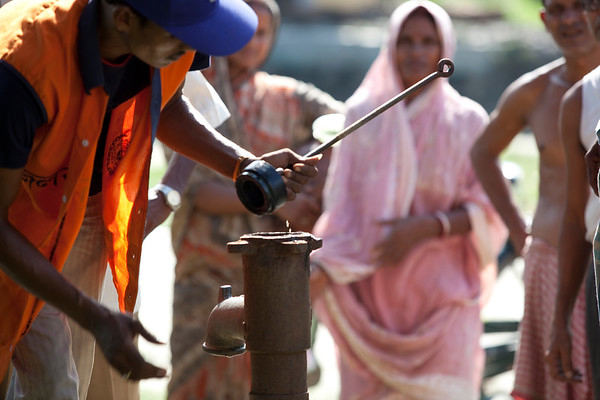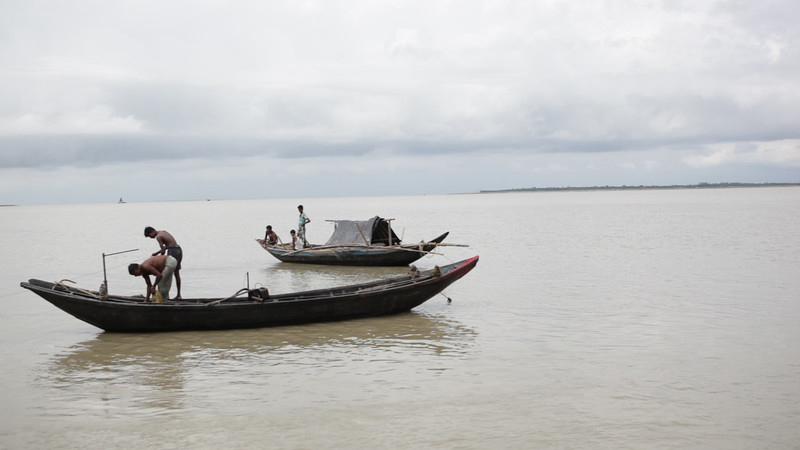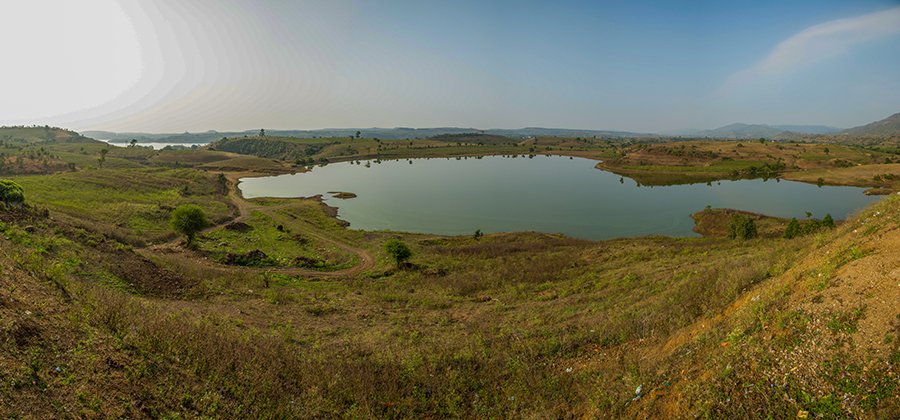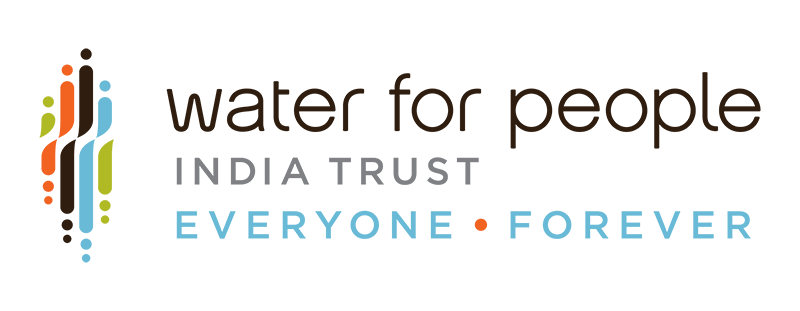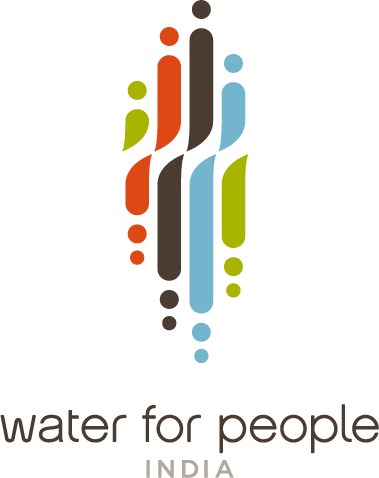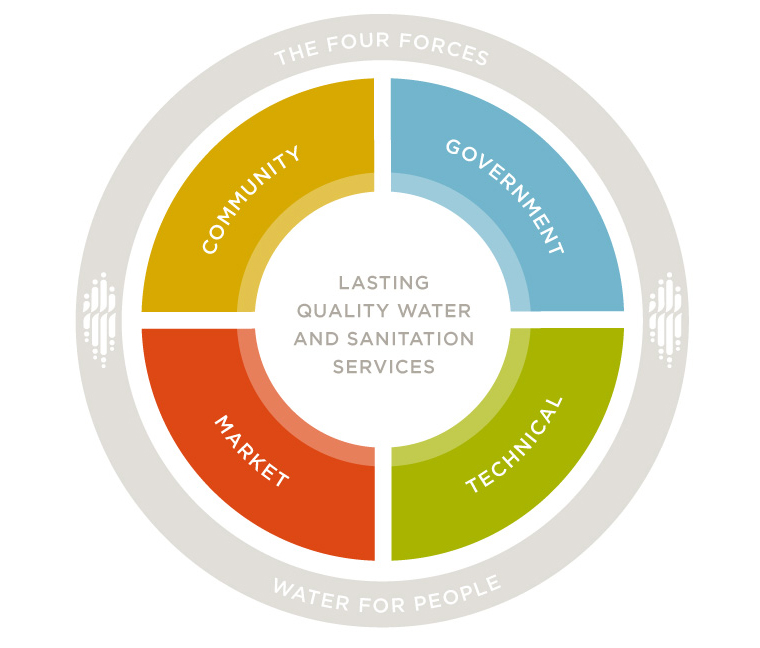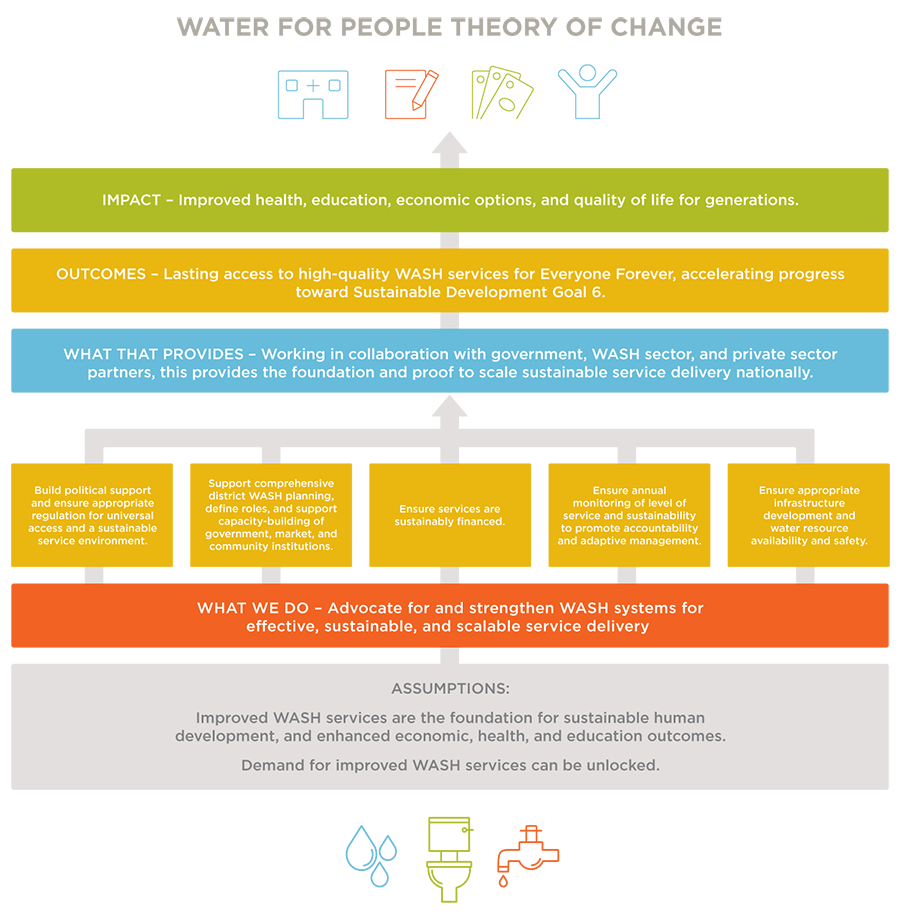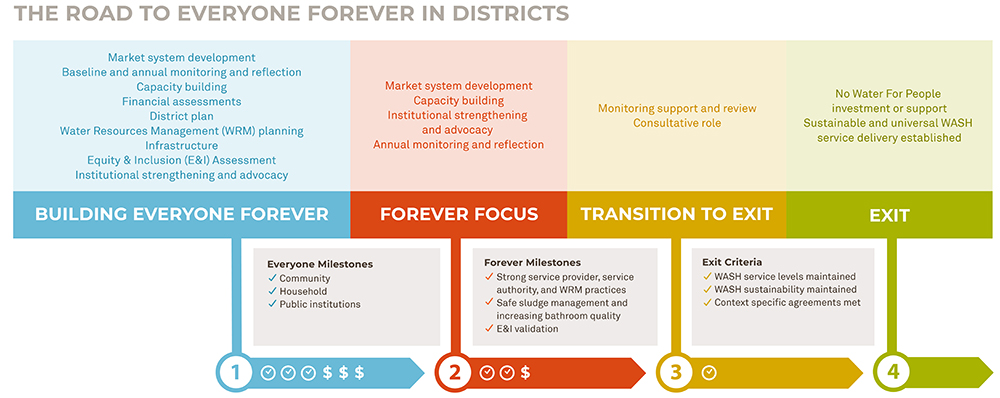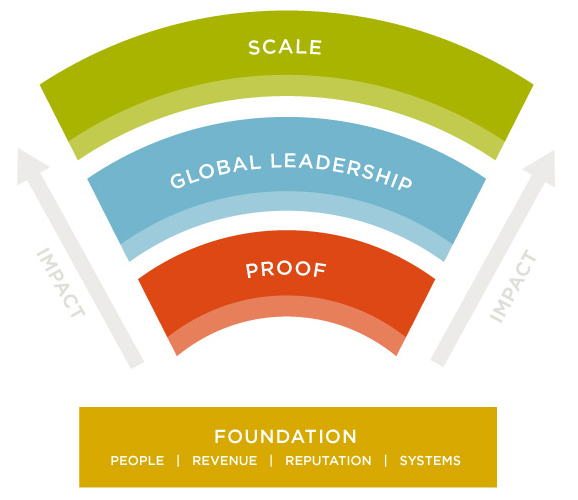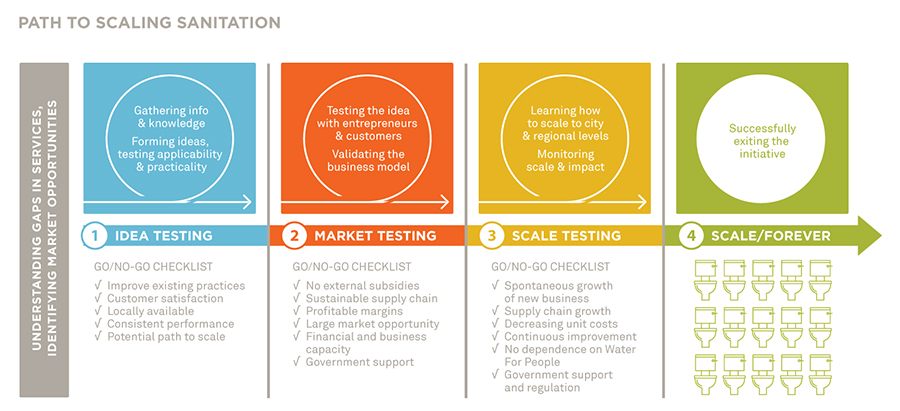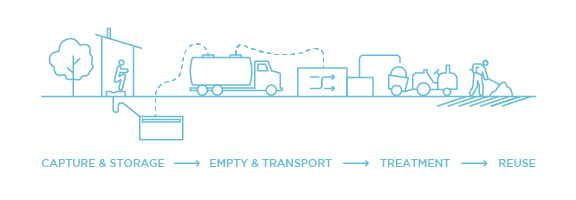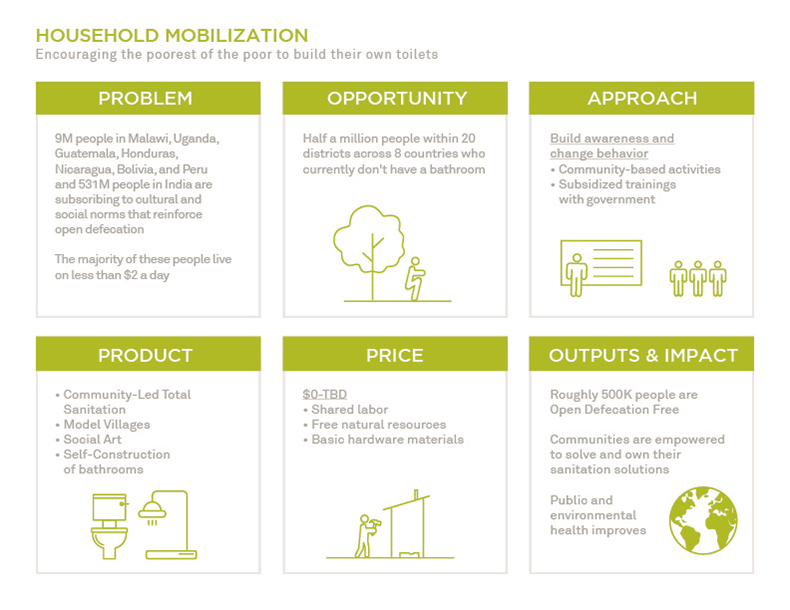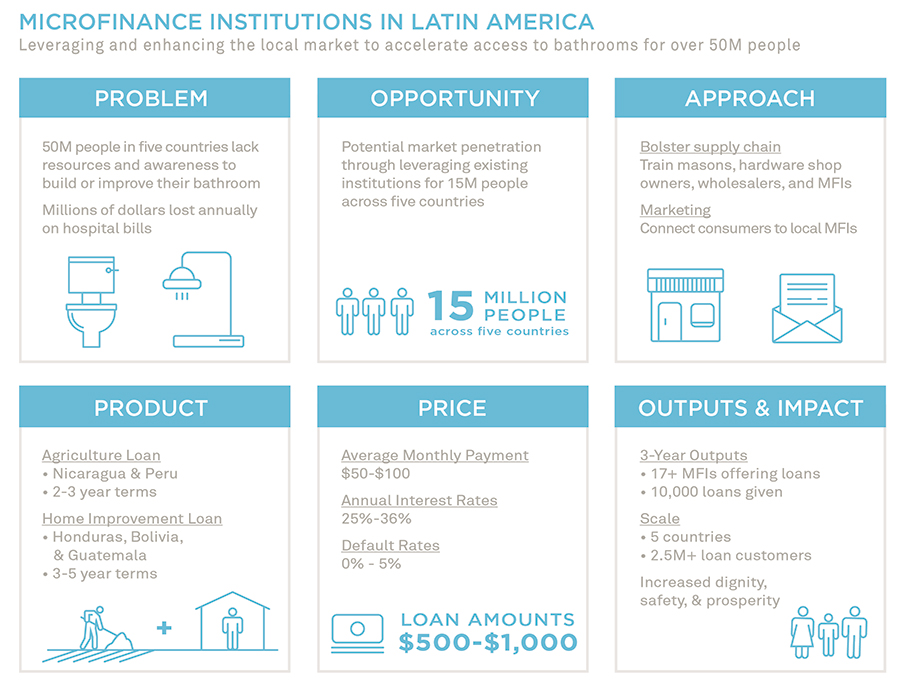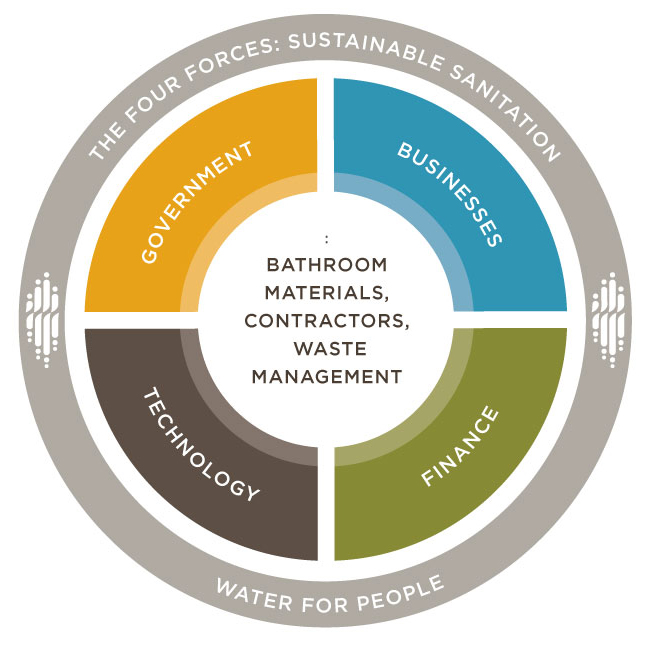The second quarter of 2025 has been both dynamic and inspiring for Water For People India. Across our program geographies, we have witnessed steady momentum with strengthening water governance in Assam and Bihar, while deepening our integrated water resource management initiatives in West Bengal and Maharashtra. Our field teams and partners continue to embody the spirit of collaboration mobilizing communities, engaging with local governments, and innovating to solve longstanding WASH service delivery challenges.
Key milestones this quarter include the signing of an MoU with Atal Bhujal Yojana, a pivotal move toward mainstreaming sustainable groundwater management across rural landscapes and initiating a nation-wide campaign titled Guardians of Ground Water. Our partnership with Well Labs has also progressed significantly, laying the groundwork for research that will address critical issues around source sustainability and water quality under the Atal Bhujal Yojana.
In observance of World Menstrual Hygiene Day and World Environment Day, we reaffirmed our commitment to equity, dignity, and environmental stewardship principles that are central to our mission.
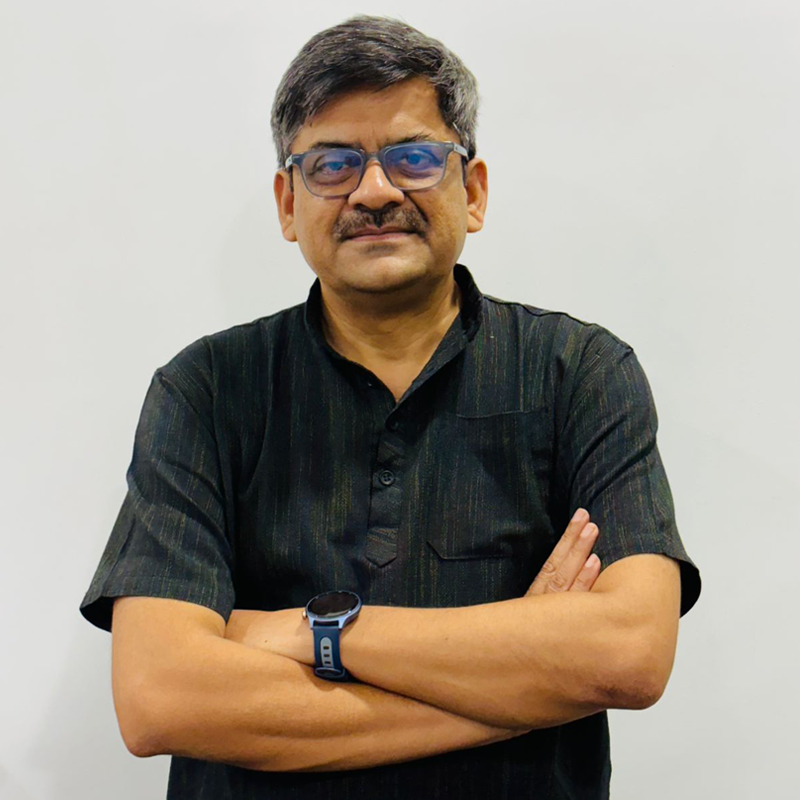
As we look ahead, our focus remains unwavering: building resilient WASH systems, empowering local leadership, and driving scalable, sustainable change. A heartfelt thank you to our dedicated team, committed partners, and generous supporters—your belief in our mission powers our progress.
Best Regards,
Bishwadeep Ghose
Updates from Assam
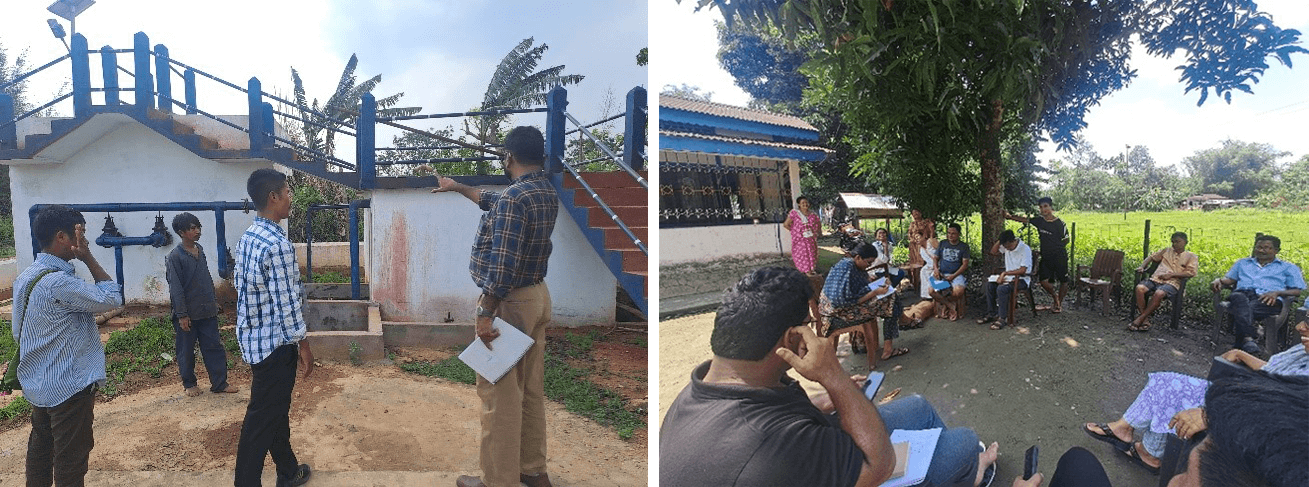
WASH Financial Study Highlights Systemic Challenges Across Six Districts –
Water For People initiated a WASH Financial Sustainability Study across six districts in Assam to assess the long-term viability of water service delivery systems. Fieldwork was completed in Chirang, West Karbi Anglong, Jorhat, and Tinsukia, offering critical insights into on-the-ground challenges. The study highlighted several systemic issues, including the lack of hands-on technical training for Jal Mitras, inactive water quality testing due to unpaid incentives, and poor documentation practices among Water User Committees (WUCs). Additionally, power supply irregularities, and access barriers in hilly regions emerged as significant concerns. These findings point to the urgent need for tailored capacity-building initiatives, improved governance mechanisms, and strategic convergence with flagship government programs. Strengthening these areas will be essential to ensuring the sustainability and resilience of WASH services across rural Assam.
Government and Community Join Hands to Improve WaSH in Behora Tea Estate –
A multi-stakeholder meeting was convened at Behora Tea Estate in Bokakhat as part of the ETP Project, facilitated by Water For People to enhance WaSH service delivery in tea garden communities. The meeting brought together over 10 representatives from Jal Jeevan Mission (JJM), Swachh Bharat Mission (SBM), the Block Development Office (BDO), Public Health Engineering Department (PHED), tea estate management, and local community groups. The meeting served as a platform to identify service gaps and chart a path forward through collaborative action. Notable outcomes included the sanctioning of 50 toilets under SBM, the formation of a Joint Action Group for coordinated response, and a commitment to strengthen water supply systems through regular monitoring and inter-agency cooperation. Plans for community awareness sessions and joint field visits were also finalized, reflecting a collective resolve to drive sustainable and inclusive change in WaSH services across the estate. The ETP project came to a conclusion in June 2025.
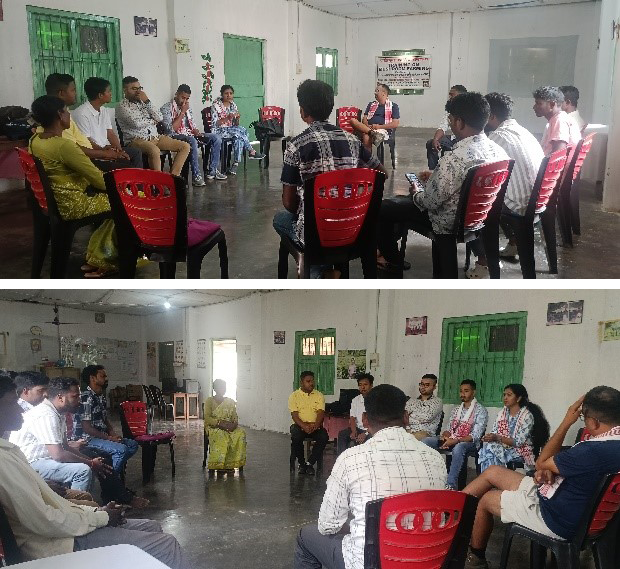
Updates From Bihar

Training of Trainers on Avani App Empowers Field Staff
Water For People, Public Health Engineering Department (PHED), and Panchayati Raj Department (PRD) conducted a Training of Trainers in Chandi, Biharsharif, Nalanda for 26 Pump Operators and Anurakshaks on the Avani App. The session focused on strengthening digital monitoring of Rural Piped Water Supply Schemes under the Har Ghar Nal Ka Jal initiative. Participants are now equipped to document and manage field operations more effectively. A follow-up plan will ensure continued app usage and quality reporting.
Advancing Digital Water Management –
A one-day training was conducted at MGNREGA Bhawan, Dumari-Katsari, Sheohar led by the Block Development Officer (BDO). It focused training pump operators on digitizing user fee collection and expenditure tracking for Rural Piped Water Supply Schemes via the mGramSeva/Peyjal Bihar App. Nineteen schemes in Nayagaon GP were initially targeted. The BDO, Junior Engineers (PHED), and Water For People are jointly working to strengthen the Repair & Maintenance team’s effectiveness.

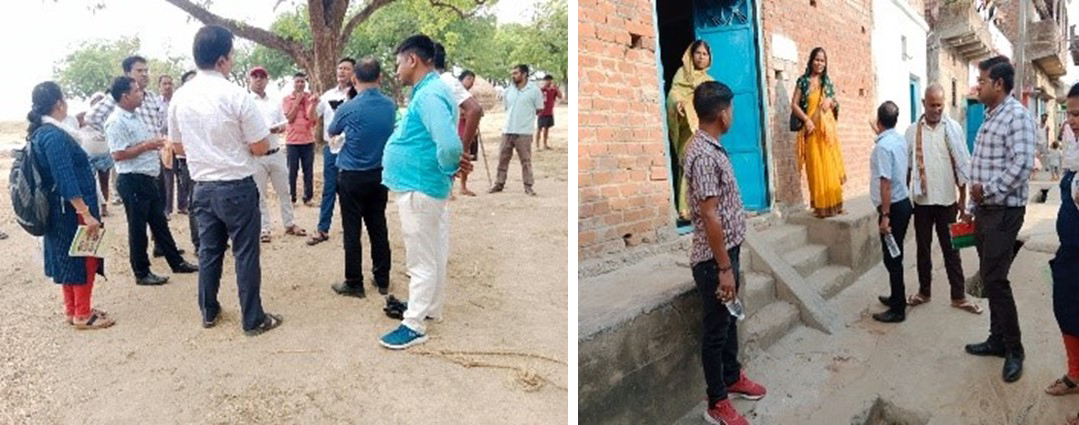
Field Visit to Strengthen WASH –
A field visit was conducted in Kori and Bagha Panchayats of Bhojpur district with the participation of officials from the District Rural Development Agency (DRDA), Lohiya Swachh Bihar Abhiyan (LSBA), and the Block Development Office (BDO) of Sandesh. The visit focused on assessing WASH service delivery in Mahadalit Tolas, with an emphasis on identifying pathways to transform these habitations into model tolas. The initiative, supported by Water For People, seeks to integrate Rural Piped Water Supply systems with other essential services while enhancing local water resource management. Anchored in the principles of LSDG-6 and LSDG-7, the effort promotes access to clean water and sanitation alongside the creation of environmentally sustainable and inclusive rural communities.
Dastak Abhiyan Promotes WASH Awareness –
As part of the Dastak Abhiyan in Ward 7 of Bagha Panchayat, Bhojpur, a door-to-door awareness campaign was carried out to engage households on key WASH issues. The campaign emphasized the importance of water conservation, informed residents about the grievance redressal mechanisms related to the Rural Piped Water Supply Scheme, and highlighted the critical role of user charges in ensuring sustainable operations and maintenance of water supply systems. This grassroots outreach, supported by Water For People, aimed to foster community ownership, improve service accountability, and strengthen long-term water security in the region.

Updates from Maharashtra

Project Expansion under 3M in Pabal Gram Panchayat, Shirur, Pune District –
A meeting was convened with the Sarpanch, Up-Sarpanch, and members of the Pabal Gram Panchayat in Shirur Block of Pune District to introduce the work of Water For People India Trust and the objectives of the 3M initiative. The discussion centered on the potential for implementing collaborative projects aimed at enhancing access to safe drinking water and strengthening agricultural services through a watershed-based, community-driven approach. Emphasis was placed on the need for integrated planning and active community participation to ensure long-term sustainability. The Gram Panchayat’s support was sought for key preparatory actions, including documentation, land identification, and community mobilization, laying the groundwork for a partnership rooted in local ownership and impact.
Building Village Leadership through WASH Animators’ Workshop –
Under the Atlas Copco project, two five-day residential workshops were organized to build a cadre of trained WASH Animators from the project villages. A total of 18 community members comprising of 11 men and 7 women participated in these intensive training sessions. The workshops were designed to equip volunteers with the knowledge and skills needed to sustain WASH initiatives at the grassroots level. Through interactive learning and hands-on activities, participants gained confidence to lead efforts around water source strengthening and hygiene promotion. The trainings also fostered a strong sense of ownership and commitment among the animators to support ongoing project interventions and mobilize their communities toward improved water and sanitation outcomes. The project came to a conclusion on 30th June 2025.

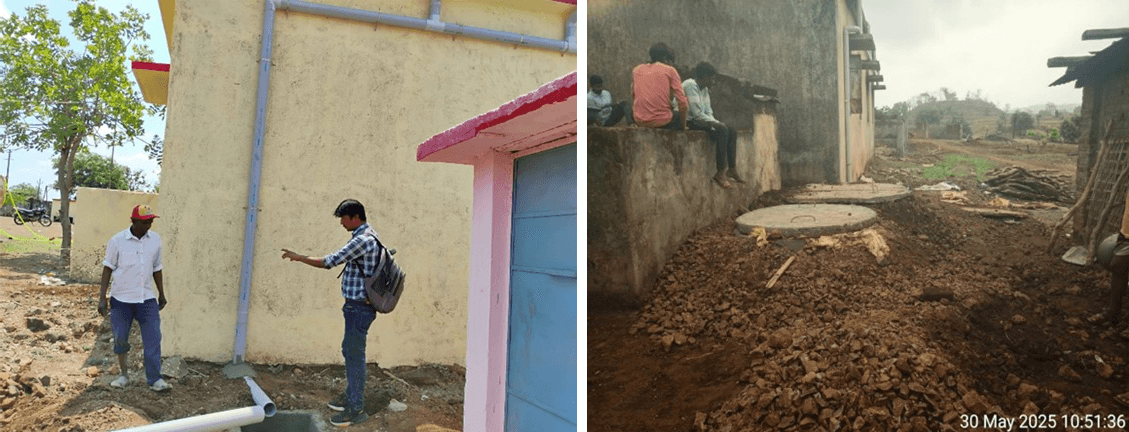
Rooftop Rainwater Harvesting in Schools under PNB Project –
Under the Punjab National Bank-supported project, Rooftop Rainwater Harvesting Systems were installed in Zilla Parishad schools across five villages comprising of Toranwadi, Awagadh, Adnadi, Bhilkheda, and Sonapur in Amravati District. This sustainable technology collects and stores rainwater for groundwater recharge. Easy to install and maintain, the system uses locally available materials and provides a reliable water source for domestic use with minimal running costs.
Updates from Odisha

Block-Level Consultation for ITC Project Held in Odisha for Strategy Planning –
A Block-Level Consultation and Strategy Planning Meeting was held in Odisha under ITC Mission Sunehra Kal with participation from Block Development Officials of Jatni and Khordha, along with donor representatives and co-partners. The meeting focused on collaborative planning to strengthen WASH initiatives and align block-level strategies with community needs and program goals.
Updates from West Bengal
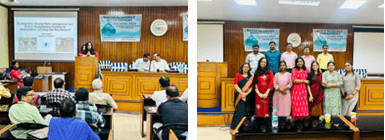
Workshop on Water Resource Management (WRM) Held in Birbhum –
A multi-stakeholder workshop was held in Birbhum, West Bengal, bringing together senior officials from the Zilla Parishad, Public Health Engineering Department (PHED), Water Resources Investigation & Development Department (WRIDD), and West Bengal State Rural Livelihoods Mission (WBSRLM), alongside key partner organizations such as the Central Ground Water Board (CGWB), Advanced Center for Water Resources Development and Management (ACWADAM), Foundation for Ecological Security (FES), and Tomorrow’s Foundation. The workshop served as a platform for in-depth dialogue on water resource management (WRM) and systemic challenges in planning and implementation. Discussions underscored the urgent need for improved inter-departmental coordination and highlighted persistent gaps in policy direction and funding mechanisms at the district and block levels. A key outcome of the workshop was the collective resolution to organize a follow-up district-level workshop involving elected representatives. This next step aims to institutionalize WRM planning through the Gram Panchayat Development Plan (GPDP) in a mission-mode approach, fostering convergence, accountability, and long-term sustainability.
WRM Interventions Improve Livelihoods in South 24 Parganas –
Under the Oak Foundation-supported program, a range of Water Resource Management (WRM) interventions were implemented in South 24 Parganas to enhance climate resilience and water security. Key activities include the development of model ponds, de-siltation of existing water bodies, and the introduction of ridge and furrow systems benefiting women-led Self-Help Groups (SHGs) and smallholder farmers. Innovative practices such as saline fishery and water-efficient vegetable farming are beginning to yield encouraging results, offering sustainable livelihood opportunities in the face of saline intrusion and erratic rainfall. To further strengthen community access to safe drinking water, a community water filter is set to be installed in Gosaba and Patharpratima blocks. The upcoming monsoon season will be a critical period to assess the effectiveness and impact of these interventions, particularly in terms of water retention, agricultural productivity, and overall community resilience.
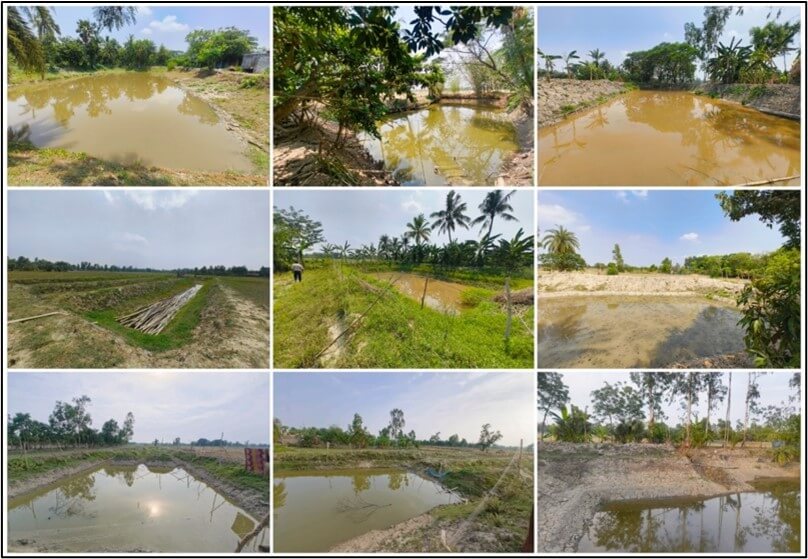
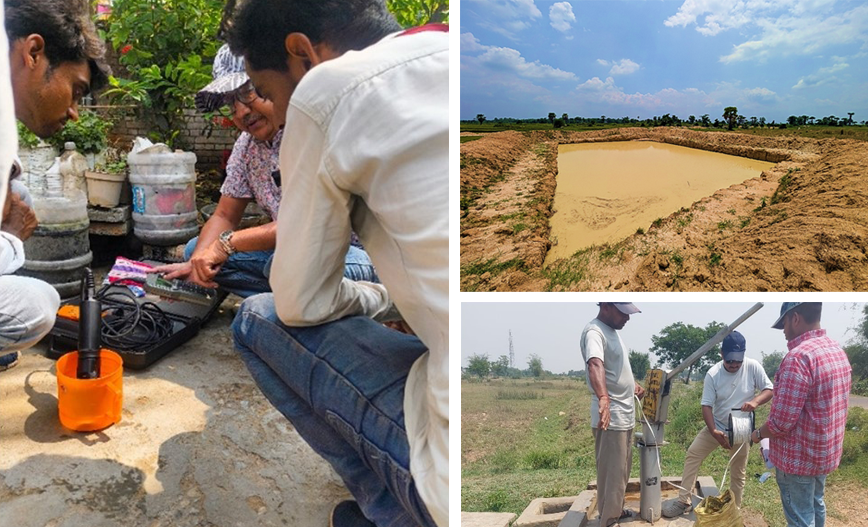
Caterpillar Foundation-Supported WRM Initiatives in Birbhum and South 24 Parganas –
With support from the Caterpillar Foundation, water security initiatives were implemented in Birbhum district through a combination of infrastructure development and community-led engagement. Rooftop rainwater harvesting systems are being installed in schools to promote water conservation and ensure reliable access for students. Farm ponds are being constructed to support irrigation needs, directly involving local communities in planning and maintenance. A fluoride filtration unit is being set up at Kendragaria school to address water quality concerns, while a check dam is under construction in Belera to enhance surface water retention.
A recent field visit, which included hydrogeological assessments, highlighted the critical need for targeted groundwater recharge, the revival of traditional water bodies, and structured capacity-building efforts. These interventions are designed to reduce excessive dependence on groundwater sources and promote integrated, sustainable water resource management. Together, these efforts reflect a holistic approach to building climate resilience and ensuring water security in vulnerable rural areas.
Organizational Updates:
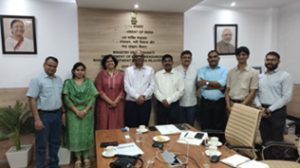
MoU signed with NPMU of Atal Bhujal Yojana, Ministry of Jal Shakti – Water For People, Arghyam, and WELL Labs have officially signed an MoU with the National Program Management Unit (NPMU) of Atal Bhujal Yojana under the Ministry of Jal Shakti, Government of India. This collaboration aims to identify, analyse, and document the most impactful and sustainable groundwater (GW) management strategies implemented under Atal Bhujal Yojana. The objective is to upscale the best practices and integrate them into other national programs and schemes.
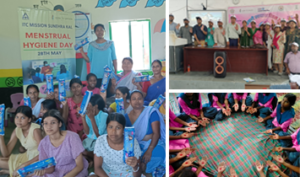
World Menstrual Hygiene Day Celebrated with a Call for Dignity and Access – On May 28, Water For People joined the global celebration of World Menstrual Hygiene Day, reaffirming our commitment to breaking taboos and promoting safe menstrual hygiene practices. Through our ongoing work in schools and communities, we continue to ensure access to facilities, products, and awareness that empower women and girls to manage menstruation with dignity.
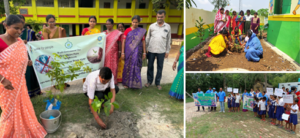
Water For People Observes World Environment Day 2025 – On June 5, Water For People joined the global community in observing World Environment Day 2025 under the theme “Stop Plastic Pollution.” We reinforced our commitment to reducing plastic use across our programs and raising awareness on the harmful impacts of plastic on water sources and ecosystems. Through community engagement and sustainable practices, we continue working towards cleaner, healthier environments for all.

State level Design Workshop on Climate-Resilient Water Safety and Security in Maharashtra – On 25th June 2025, a state-level workshop was held in Pune to advance climate-resilient water safety and security in Maharashtra. Organized by UNICEF, Water For People India, ACWADAM, PRIMOVE India, and Frank Water, the event brought together over 30 stakeholders from government, CSOs, academia, and the private sector. Key discussions focused on leveraging public and private finance, strengthening operations and maintenance, and integrating water resource planning with climate resilience. Participants emphasized the need for community-led approaches, digital innovation, and CSR alignment with government schemes like JJM and Atal Bhujal Yojana. A collaborative roadmap and joint action plan were proposed, with plans for a follow-up multistakeholder workshop in Mumbai in August 2025.
Collaborative Research with Well Labs to Address Water Challenges – Water For People has partnered with Well Labs to conduct research in Nalanda (Bihar) and Amravati (Maharashtra). The studies will explore the impact of universal drinking water access on groundwater sustainability and water quality issues from fertiliser leaching. Starting July 2025, selected interns will carry out the three-month research. The findings will inform donor engagement, strengthen fundraising, and enhance program strategies and visibility.

